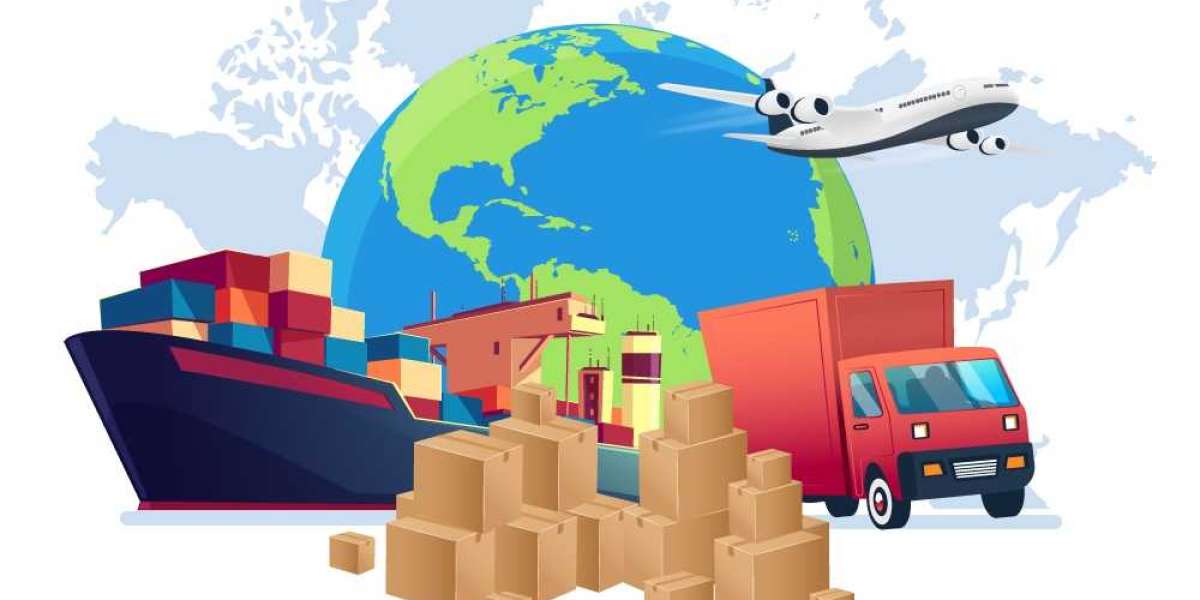Navigating the Chill: Healthcare Cold Chain Logistics Challenges, Improvements, and Trends
Healthcare cold chain logistics plays a critical role in ensuring the safety and efficacy of temperature-sensitive medical products, from vaccines and medications to diagnostic specimens and organs for transplant. This article delves into the challenges faced by the healthcare cold chain, strategies for improvement, best practices, recent trends, and the compelling benefits it brings to the healthcare industry.
Challenges of Healthcare Cold Chain Logistics
- Temperature Control: Maintaining precise temperature control throughout the supply chain is a paramount challenge. Variations can lead to product degradation or loss of efficacy.
- Compliance and Regulation: Adhering to stringent regulatory requirements and compliance standards adds complexity and costs to cold chain logistics.
- Inventory Management: Balancing supply and demand while minimizing waste is intricate, given the limited shelf life of many healthcare products.
- Global Distribution: Expanding global reach while ensuring temperature integrity across borders requires robust infrastructure and coordination.
- Transportation Risks: Accidents, delays, and equipment failures can jeopardize the integrity of cold chain products.
Improving Healthcare Cold Chain Logistics
- Advanced Technology: Employing cutting-edge temperature monitoring and data analytics helps in real-time tracking, reducing temperature excursions.
- Enhanced Packaging: Innovations in packaging materials and designs provide better insulation and protection for sensitive products.
- Efficient Transportation: Optimizing routes, utilizing refrigerated vehicles, and employing temperature-controlled containers improve transportation efficiency.
- Training and Education: Regular training for staff on handling, compliance, and emergency protocols minimizes human errors.
- Collaboration: Strong partnerships among stakeholders, including manufacturers, carriers, and regulatory bodies, promote streamlined logistics.
Best Practices for Healthcare Cold Chain Logistics
- Maintain Temperature Records: Record temperature data at every stage of the supply chain to ensure product integrity.
- Risk Assessment: Identify and mitigate potential risks proactively.
- Regular Audits: Conduct routine audits and inspections of storage and transport facilities.
- Emergency Protocols: Establish clear guidelines for responding to temperature excursions and product recalls.
- Sustainability: Implement environmentally friendly practices to reduce the carbon footprint of cold chain logistics.
Latest Trends in Healthcare Cold Chain Logistics
- Blockchain Technology: Utilizing blockchain for transparent and immutable record-keeping to enhance traceability.
- Drones and Autonomous Vehicles: Exploring the use of drones and self-driving vehicles for rapid and reliable deliveries.
- Temperature-Sensitive Packaging Innovations: Development of smart, eco-friendly packaging with built-in temperature monitoring.
- Pharmaceuticals with Longer Shelf Lives: Researchers are working on medications and vaccines with extended stability, reducing the need for ultra-cold storage.
- Data-Driven Decision-Making: Leveraging big data and artificial intelligence for predictive maintenance and demand forecasting.
Benefits of Healthcare Cold Chain Logistics
- Product Efficacy: Ensures that healthcare products maintain their potency, enhancing patient safety and outcomes.
- Reduced Waste: Minimizes product wastage due to spoilage, benefiting both healthcare providers and the environment.
- Improved Patient Access: Enables the distribution of critical medications and vaccines to remote or underserved areas.
- Enhanced Regulatory Compliance: Demonstrates adherence to regulatory standards, reducing legal risks.
- Competitive Advantage: Organizations with robust cold chain logistics gain a competitive edge in the healthcare industry.
Healthcare cold chain logistics is an intricate and essential aspect of the healthcare industry. By addressing challenges, embracing improvements, following best practices, and staying current with industry trends, stakeholders can ensure the integrity and safety of temperature-sensitive healthcare products. This not only safeguards patient health but also contributes to the efficiency and sustainability of the healthcare supply chain. Cold chain logistics is, indeed, a vital part of the healthcare equation, protecting both patients and industry stakeholders alike.
#HealthcareLogistics #ColdChainManagement #PharmaceuticalSupplyChain #EUHealthcare #EuropeanLogistics #MedTechEurope #APACHealthcare #HealthcareAPAC #ColdChainAPAC #USHealthcare














